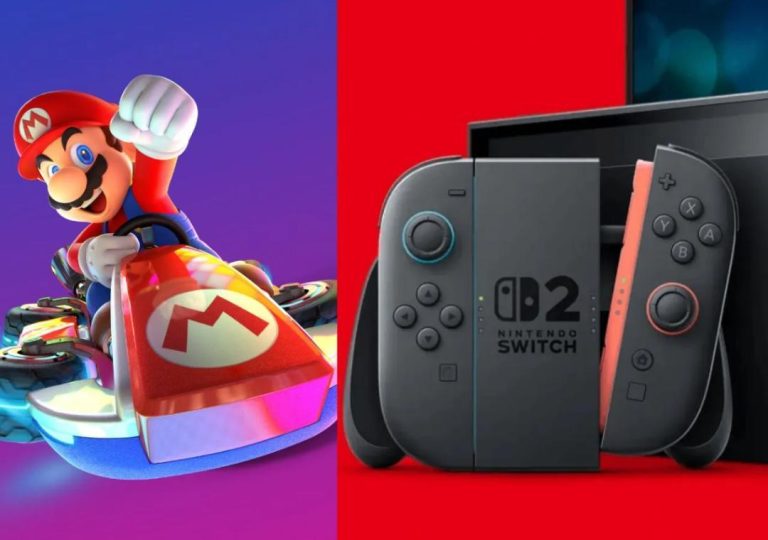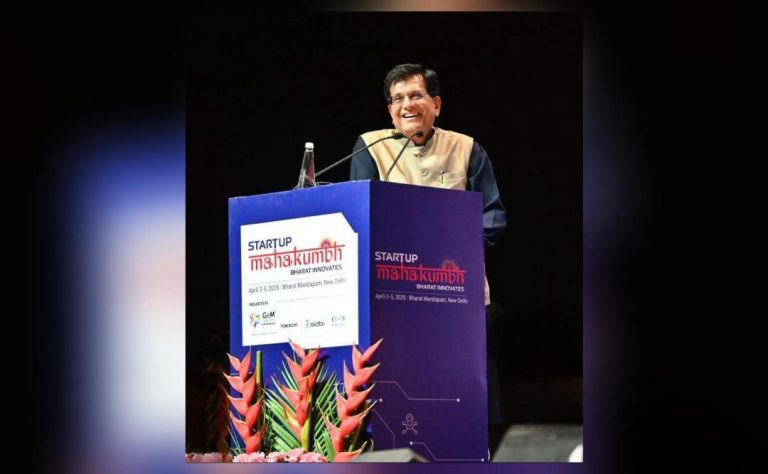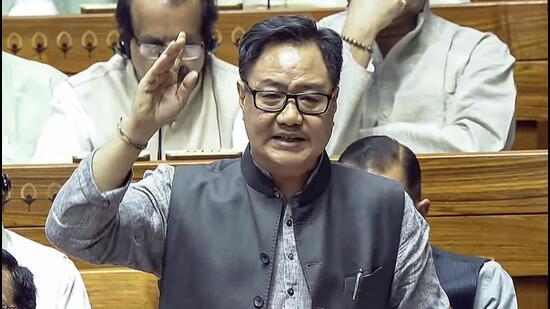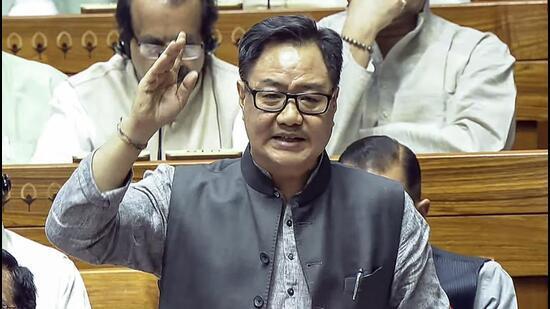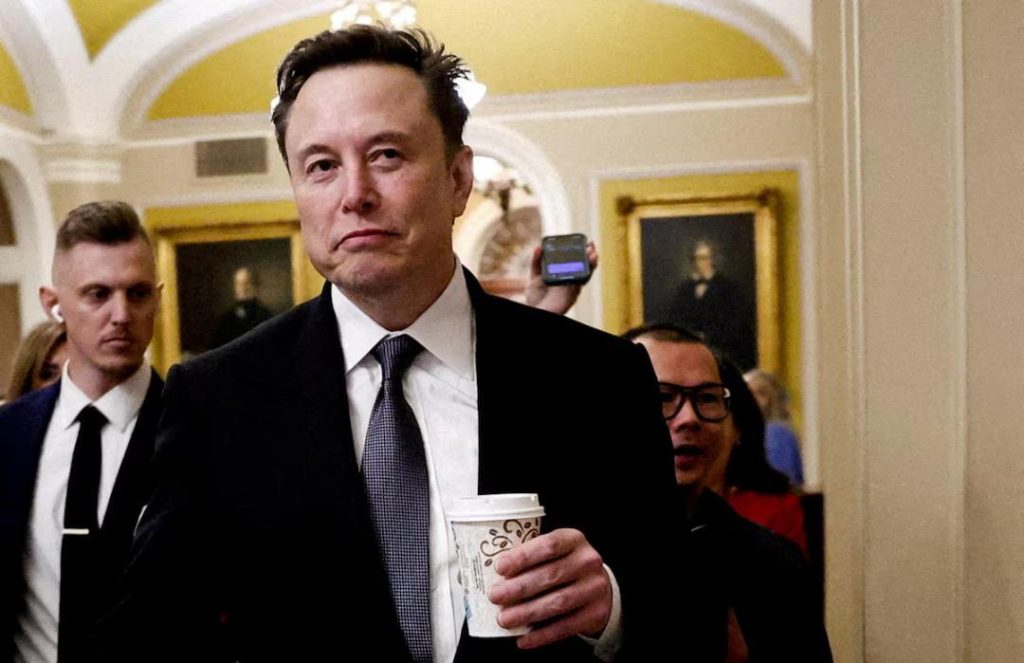
Here is a 2000-2500 word blog post based on the title and description:
Not Interested in Buying TikTok, I Usually Build Companies from Scratch: Elon Musk
In a recent statement, world’s richest man Elon Musk has expressed his disinterest in acquiring TikTok, a popular short-form video-sharing app owned by Chinese company ByteDance. The US government has been trying to ban TikTok over national security concerns, citing the risk of user data being shared with the Chinese government.
Musk’s statement comes as a surprise to many, given his recent $44 billion acquisition of Twitter (now known as X) in 2022. However, in a recent interview, Musk clarified that his acquisition of Twitter was an “highly unusual” case, and that he usually builds companies from scratch.
“I do not acquire companies in general, it’s quite rare…I usually build companies from scratch,” Musk said in an interview.
Musk’s statement has sparked interest among investors and tech enthusiasts, who are curious to know what drives his decision-making process when it comes to acquiring or building companies. As one of the most successful entrepreneurs in the world, Musk’s approach to business is closely watched by many, and his latest statement provides valuable insights into his strategy.
So, what drives Musk’s decision to build companies from scratch rather than acquiring existing ones? There are several reasons that could be contributing to his approach.
Firstly, Musk is known for his innovative and visionary approach to business. He has a reputation for identifying areas where technology can be used to disrupt existing industries and create new markets. Building companies from scratch allows him to create a product or service that is tailored to his vision, rather than trying to adapt an existing company to fit his goals.
Secondly, building companies from scratch gives Musk complete control over the direction and strategy of the company. When he acquires an existing company, he may have to work within the constraints of the company’s existing infrastructure and culture, which can limit his ability to make significant changes.
Thirdly, building companies from scratch allows Musk to attract and retain top talent. Many entrepreneurs and engineers are attracted to Musk’s vision and approach, and are willing to take a risk on a new company rather than joining an existing one.
Finally, building companies from scratch allows Musk to create a culture and values that align with his own beliefs and vision. He is known for his strong focus on innovation, sustainability, and customer satisfaction, and building companies from scratch allows him to create a culture that reflects these values.
In contrast, acquiring an existing company can be a more complex and challenging process. Musk may have to deal with entrenched cultures and management structures, which can be difficult to change. He may also have to navigate existing relationships with suppliers, customers, and partners, which can be time-consuming and challenging.
Despite his decision not to acquire TikTok, Musk has shown interest in other areas of the technology industry. He has been exploring the potential of artificial intelligence, and has been investing in companies that are working on AI-related technologies. He has also been exploring the potential of space technology, and has been investing in companies that are working on space-related projects.
In conclusion, Elon Musk’s decision not to acquire TikTok is not surprising, given his approach to building companies from scratch. His focus on innovation, sustainability, and customer satisfaction has led him to create some of the most successful companies in the world, and his willingness to take risks and challenge conventional wisdom has made him one of the most successful entrepreneurs in history.
As the technology industry continues to evolve, it will be interesting to see how Musk’s approach to building companies from scratch continues to shape his business strategy. Whether he decides to acquire or build companies, one thing is certain – Musk’s passion for innovation and his commitment to creating a better future are likely to continue to drive his business decisions for years to come.
Source:

